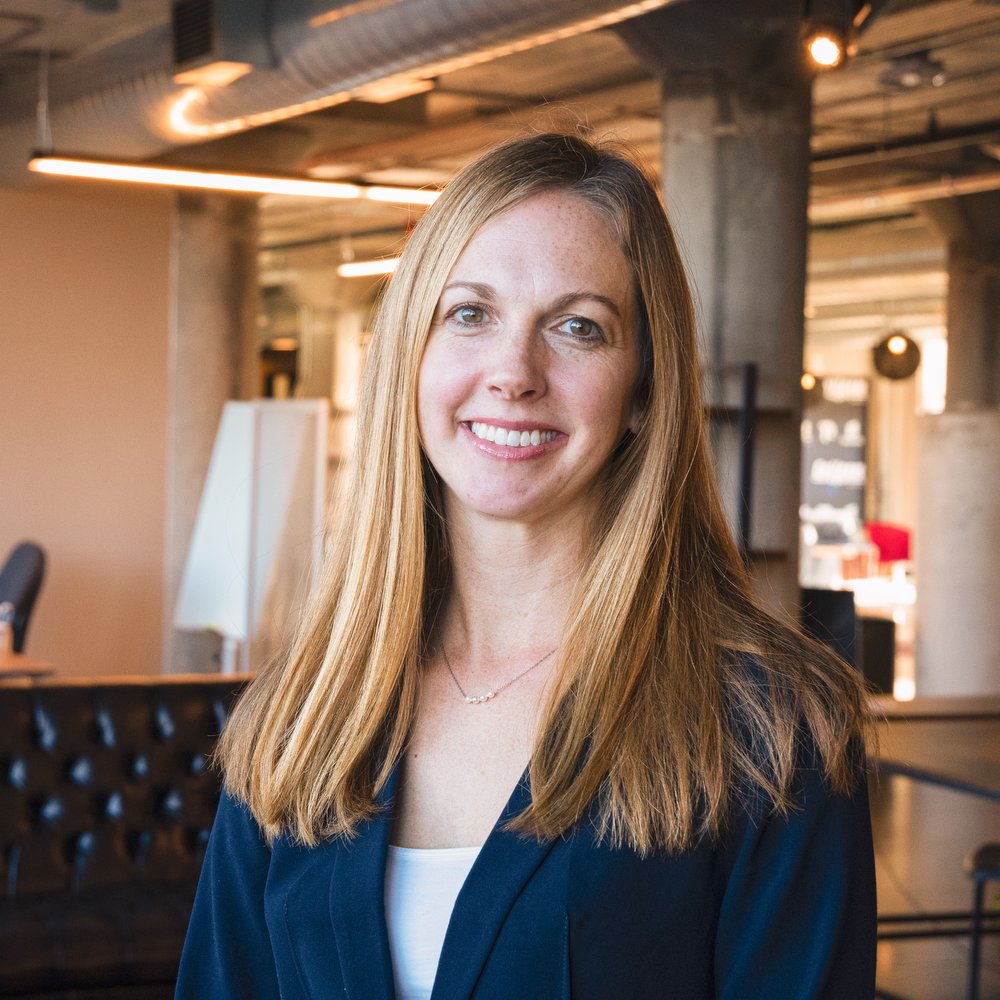In the complex world of team dynamics and organizational behavior, cooperation stands out as a crucial element of success. As one of the key facets of Agreeableness in the Big Five personality model, cooperation plays a vital role in shaping how individuals interact within groups and contribute to collective goals. However, like many aspects of human behavior, cooperation is nuanced, with its own spectrum of expression and potential pitfalls.
Understanding the Cooperation Spectrum
At its core, cooperation measures an individual’s willingness to compromise or even set aside their own needs for the sake of group harmony. At one end of the spectrum, we find those who dislike confrontation and are willing to compromise or deny their own needs to get along with others. On the opposite end, we have individuals who are more likely to stand their ground or, in extreme cases, even use intimidation to get their way.
It’s important to note that neither end of this spectrum is inherently good or bad. The effectiveness of one’s cooperative style often depends on the context and the specific needs of a situation.
The Impact on Team Dynamics and Decision-Making
Cooperation significantly influences how teams function and make decisions. High levels of cooperation can lead to smoother interactions, reduced conflict, and a more harmonious work environment. Teams with cooperative members often find it easier to reach consensus and move forward on projects.
However, extreme cooperation can also have drawbacks. Teams where everyone is highly cooperative might suffer from groupthink, where the desire for harmony overrides critical thinking and realistic appraisal of alternatives. In such environments, important dissenting opinions might be suppressed, leading to suboptimal decisions.
On the other hand, teams with less cooperative members might experience more conflict but could also benefit from a diversity of strongly held opinions. This can lead to more robust debates and potentially better-scrutinized decisions. However, if cooperation is too low, teams might struggle to find common ground and move forward productively.
The Potential Pitfalls of Extreme Cooperation Scores
- Over-compromising and Self-Sacrifice
Individuals with very high cooperation scores might consistently prioritize team harmony over their own needs or ideas. While this can create a peaceful environment, it can also lead to personal frustration and burnout. Moreover, if the most cooperative team members always yield, the team might miss out on valuable insights and contributions.
- Intimidation and Inflexibility
At the other extreme, those with very low cooperation scores might be seen as intimidating or inflexible. They might struggle to adapt their ideas or methods to accommodate others, potentially creating a tense or hostile work environment. This can stifle creativity and collaboration, as other team members might be hesitant to share their thoughts.
Strategies for Fostering Healthy Cooperation in the Workplace
1. Encourage Open Communication
Create an environment where all team members feel safe expressing their opinions, regardless of their natural cooperation level. This can help balance the input from both highly cooperative and less cooperative individuals.
2. Implement Structured Decision-making Processes
Use methods like Edward de Bono’s Six Thinking Hats to ensure that all perspectives are considered, even in teams with high overall cooperation.
3. Recognize and Value Different Styles
Acknowledge that both cooperative and assertive styles have their place in a team. Help team members understand and appreciate the strengths that different cooperation levels bring to the table.
4. Provide Training in Conflict Resolution
Equip team members with skills to navigate disagreements productively. This can help those with low cooperation scores express their views more effectively, and those with high scores feel more comfortable asserting themselves when necessary.
5. Rotate Roles and Responsibilities
Give team members opportunities to practice different levels of cooperation by assigning them varying roles in projects or discussions.
Balancing Cooperation and Individual Needs
The key to effective teamwork lies in finding the right balance between cooperation and assertiveness. Here are some tips for individuals to strike this balance:
1. Know Your Natural Tendency: Understand where you fall on the cooperation spectrum. Are you more likely to compromise or stand your ground?
2. Practice Flexibility: Try to adapt your level of cooperation based on the needs of the situation. Sometimes it’s appropriate to yield, other times to assert.
3. Communicate Clearly: Whether you’re compromising or standing firm, explain your reasoning to your team members. This can help prevent misunderstandings and build trust.
4. Set Boundaries: Even if you’re highly cooperative, it’s important to know your limits. Be willing to speak up when a compromise goes too far.
5. Seek Win-Win Solutions: Instead of viewing cooperation as a zero-sum game, look for solutions that meet both team and individual needs.
6. Reflect and Adjust: Regularly assess how your cooperative style is working. Are you contributing effectively to the team while also meeting your own needs?
What’s Your Cooperative Style?
Cooperation is a crucial aspect of teamwork and organizational success, but it’s not a simple matter of “more is better.” The most effective teams are those that can harness the strengths of both highly cooperative and more assertive members, creating an environment where diverse perspectives are valued, and the best ideas can emerge.
By understanding the nuances of cooperation, we can work towards creating more balanced, productive, and satisfying work environments. Whether you’re a team leader looking to optimize group dynamics, or an individual seeking to contribute more effectively to your team, paying attention to cooperation can yield significant benefits.
Ultimately, the goal is to develop the flexibility to adapt your cooperative style to the needs of the situation. With awareness, practice, and open communication, we can all learn to navigate the cooperation spectrum more effectively, contributing to both team harmony and individual growth.





